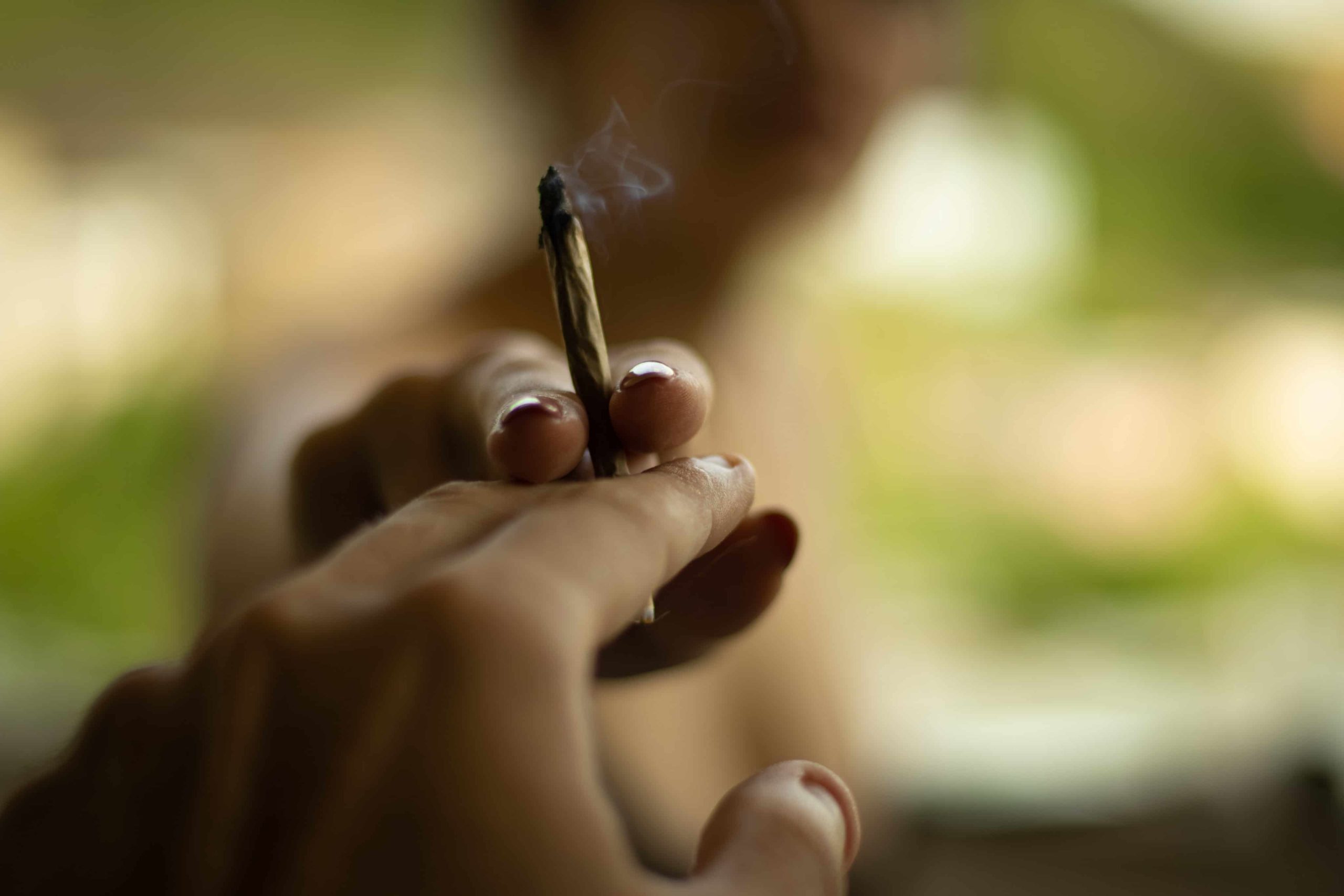
The Brazilian city of Goiânia declares Cannabis Day
This landmark event in Goiânia, approved by a majority of the city council, was chosen as the city’s day of cannabis therapy – and to complement a municipal law allowing the distribution of cannabis-based medicines across the city.
According to City Councilor Aava Santiago, “the campaign promotes research and breaks down prejudices.”
The aim of this project is to promote cannabis education, encourage debate among patients, and encourage both research and medicinal use of cannabinoid-based products. Essentially, the idea is to boost a cannabis industry and network in a city where the last mayor vetoed the idea.
The day chosen, at the opposite end of the calendar from the more traditional April 20, was chosen to coincide with National Cancer Fight Day. Activists in Goiânia made the choice.
This also makes it the first “cannabis day” in the world that is not celebrated in spring.
It is also only the second community effort in the world to increase cannabis in this way. The other is the Estonian city of Kanepi, which adopted a cannabis leaf flag for the city in 2018, according to an online poll.
The state of cannabis reform in Brazil
Last summer, in June, the special commission of the Brazilian Chamber of Deputies approved PL 399/2015, which would legalize the domestic cultivation of cannabis for medicinal, veterinary, scientific and industrial purposes. The bill was then advanced domestically as federal lawmakers defied the wishes of right-wing President Jair Bolsonaro, who has repeatedly tried to reverse the reform with many threats of vetoes.
The move to Goiânia appears to be a deliberately provocative move that also aims to complete the inevitable legalization of cannabis at the national level. In fact, this is very similar to the city of Boulder filing an impeachment for the state of Colorado — the only difference being that a majority of federal lawmakers are also resisting the president supporting the same.
The Importance of the Brazilian Cannabis Reform
Brazil is the largest country in South America and the fifth largest nation in the world. It forms a large triangle on the eastern side of the continent, bordering all South American countries except Chile and Ecuador.
To put this in perspective, just in terms of what the impact of the reform will mean on a national if not international cannabis industry, Brazil is 24 times larger than Germany in terms of landmass and with 212.6 million people, a population about 2.65 times larger. It’s also about 86% the size of the US with about 120 million fewer people.
In other words, cannabis reform would matter here, no matter how you slice it. Boosting the medical industry will have lasting effects domestically, while the export of cannabinoids in whatever form will provide an impressive new source for global sourcing.
The “Emerald Triangle” of the Southern Hemisphere?
Cannabis cultivation is no stranger to Brazil.
The only problem, of course, is that cannabis production, both medicinal and commercial as well as illicit, is notoriously unsustainable in fragile areas like rainforests.
That doesn’t mean, however, that cannabis isn’t being grown under those virgin canopies. In fact, according to a 2020 federal police report, illegal cannabis cultivation is spreading rapidly throughout the Amazon. Illicit cannabis production is directly linked to deforestation and a rise in violence, according to a November 2021 study, Cartography of Violence in the Amazon region.
It is estimated that Brazil loses 24 trees per second from this type of activity.
And then there are the effects of climate change and wildfires on Brazil’s landrace strains. In 2019, a forest fire nearly wiped out Brazil Amazonia, a 500-year-old and widely interbred native variety. The Amazon rainforest is the only place on earth where this strain grows naturally. Introduced in 1549, it was traditionally used by Native Americans to relieve pain.
Sustainable Cannabis
Regardless of the challenges of growing here, Brazil is also a perfect laboratory for finding and preserving landrace cannabis and finding ways to cultivate it in a way that isn’t environmentally damaging, even for commercial purposes .
Whether that opportunity will materialize is another question. It takes dedication, concentration, money and political will.
If the citizens of Goiânia have a say in this matter along with the developing political forces at the federal level, that is also a possibility. Or, as they say locally, “voce está com a faca eo queijo na mão” – or “you’ve got the knife and the cheese in your hand” – meaning everything is in your power to succeed.

Post a comment: